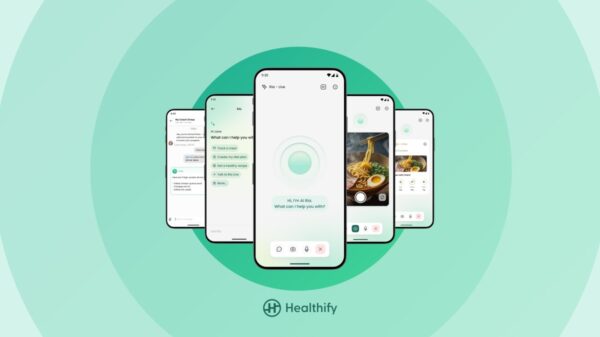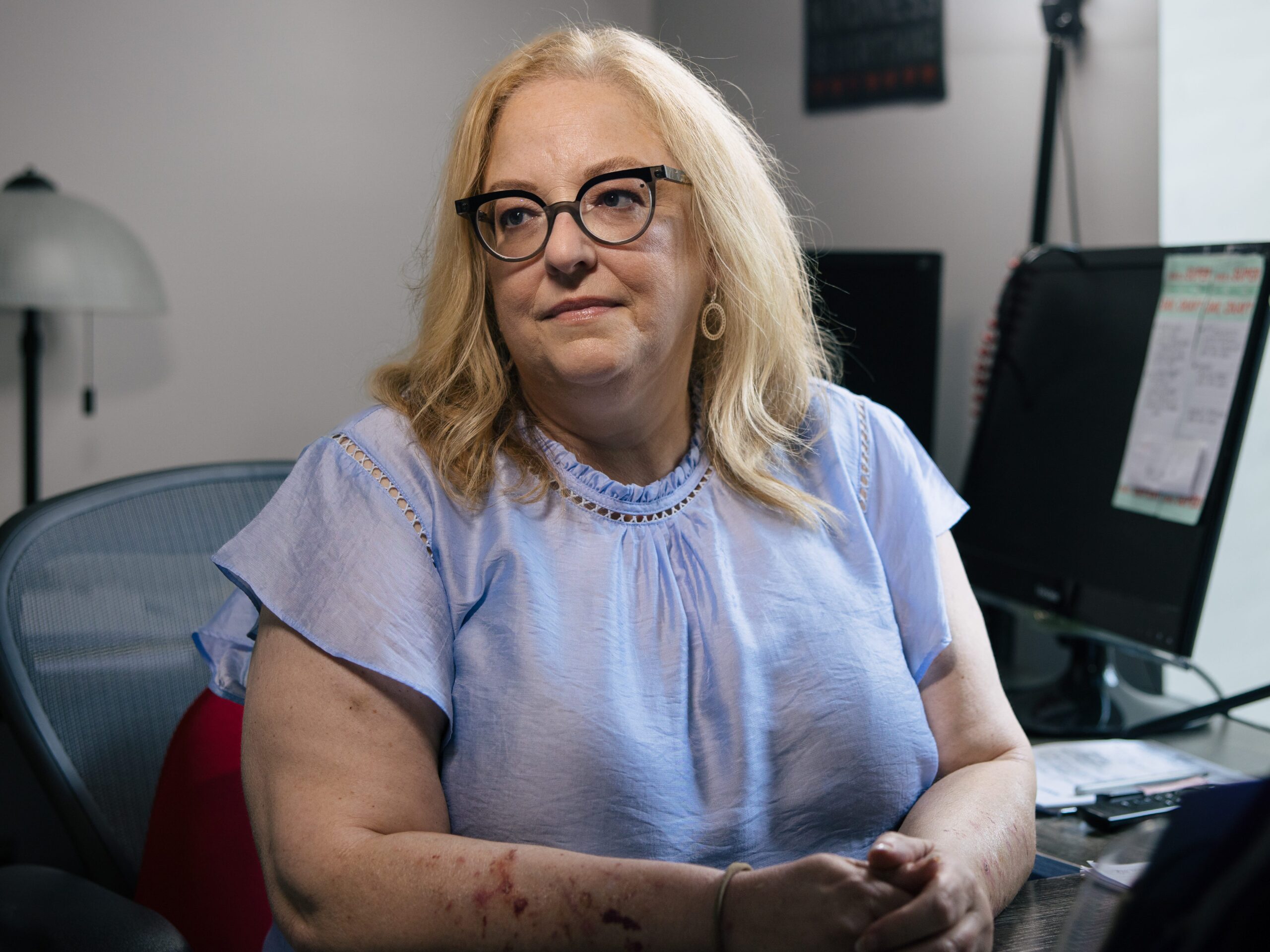UPDATE: A troubling surge in eating disorders linked to the use of GLP-1 medications like Ozempic and Mounjaro is alarming health experts nationwide. As these drugs gain popularity for weight loss, reports confirm a significant rise in patients entering treatment centers with new or worsening eating disorders.
The crisis is underscored by the experience of Chevese Turner, who, after two decades in recovery from binge-eating disorder, was prescribed Mounjaro for diabetes management. Despite her commitment to intuitive eating, Turner found the appetite-suppressing effects of the drug alarming. “I still have a therapist and I do everything I can to make sure that I keep in strong recovery,” she stated, highlighting the critical need for ongoing support.
Data from Eating Recovery Centers reveals a staggering increase in patients arriving with eating disorders after starting GLP-1 medications. The number of patients on these drugs entering treatment jumped from 11 in 2023 to 31 in 2024, with 14 cases reported in 2025, including a 14-year-old child.
Dr. Elizabeth Wassenaar, a leading expert at the Eating Recovery Center, noted, “We are seeing people who are coming into treatment with a relapse or new onset, and most of them are presenting with restrictive eating patterns, like anorexia.” The rise in atypical anorexia, characterized by significant calorie restriction while maintaining a normal or above-normal weight, is particularly concerning.
Medical professionals are sounding the alarm about the unintended consequences of these medications. With about 1 in 8 adults now taking GLP-1 drugs, the urgent need for awareness around their potential to trigger eating disorders cannot be overstated. Dr. Joel Jahraus from Monte Nido reported a 25%-33% increase in patients already using GLP-1 drugs when they enter treatment, many of whom hide their usage due to shame.
The emotional toll on individuals battling these issues is profound. Rose, who has struggled with bulimia and restrictive eating, felt justified in seeking Ozempic upon her diabetes diagnosis. “I know I’m not taking it for the right reasons, but I still feel that I need to,” she admitted, revealing the complex interplay between medical necessity and the desire for weight loss.
A study in the Annals of Internal Medicine reported approximately 24,500 emergency room visits linked to Ozempic in 2022 and 2023, primarily due to severe gastrointestinal side effects. Meanwhile, lawsuits against the drug manufacturers are mounting, with 1,809 lawsuits currently pending against the makers of GLP-1 drugs.
Despite the promise of these medications, the risks are significant. Many patients who discontinue the drugs regain a substantial portion of the weight lost, complicating the recovery process for those with eating disorders. Dr. Jahraus cautioned, “The effect of these meds can go absolutely contrary to the goals of eating disorder treatment.”
The lack of routine screening for eating disorders in medical settings, particularly where GLP-1 drugs are prescribed, exacerbates the issue. Dr. Doreen Marshall, CEO of the National Eating Disorders Association, emphasized that many healthcare providers lack adequate training in recognizing eating disorders, particularly in patients with larger bodies.
As Turner navigates her diabetes treatment, she is vigilant about her recovery. “I had worked so hard for a long time to become an intuitive eater,” she reflected. Meanwhile, Rose continues to struggle with the pull of weight loss, even considering unregulated sources for Ozempic, a dangerous practice that poses significant health risks.
The urgent need for healthcare providers to understand the potential consequences of GLP-1 medications is clearer than ever. As the crisis unfolds, experts urge immediate action to ensure that patients receive holistic care that addresses both physical and mental health needs.
This developing story highlights the intersection of health, medication, and mental well-being, urging readers to stay informed about the implications of the Ozempic boom.







































































